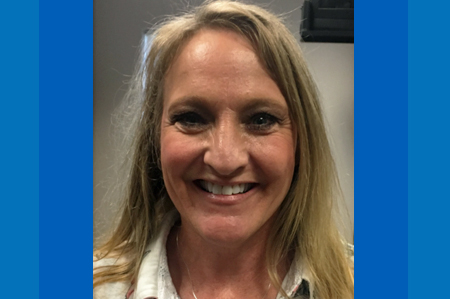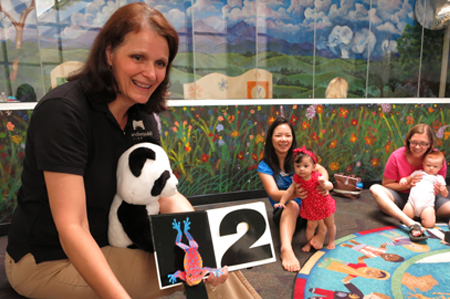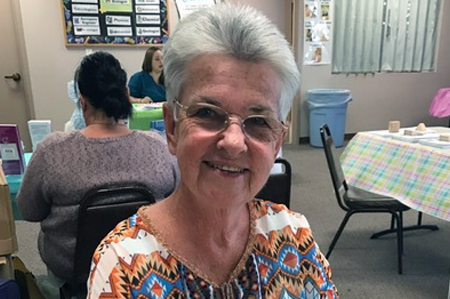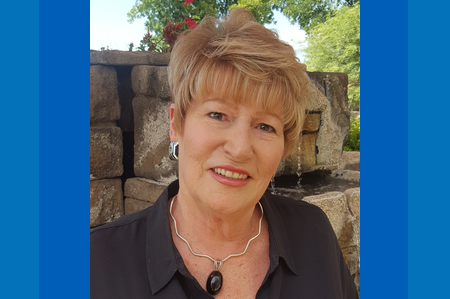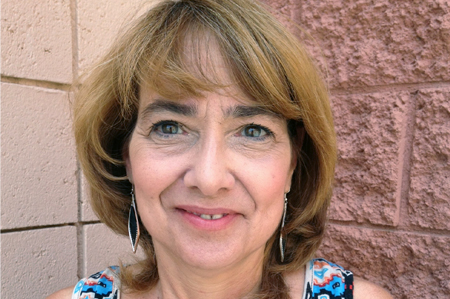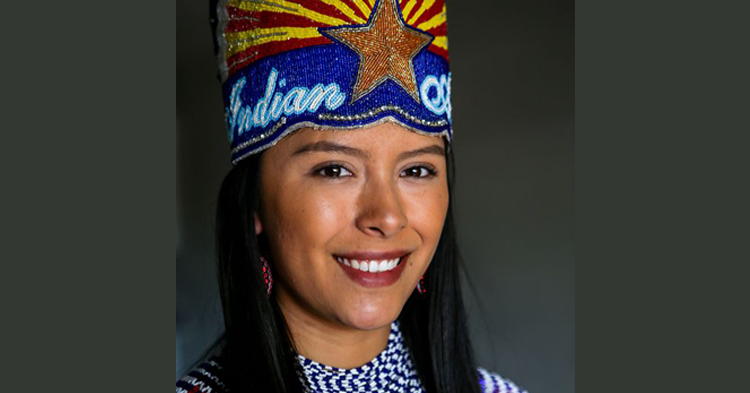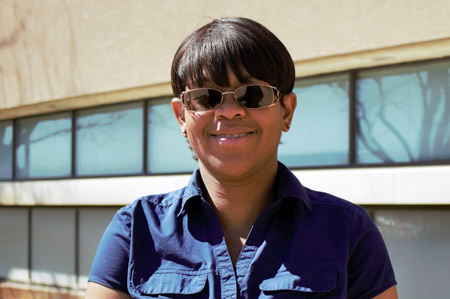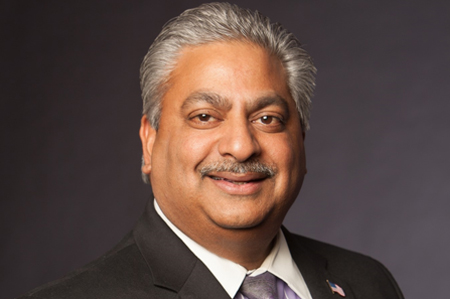
Oro Valley Mayor Satish Hiremath has been selected as the 2017 Pima North First Things First Champion for Young Children.
The award is given to local champions who actively volunteer their time to raise public awareness of the importance of early childhood development and health. Champions spend a significant amount of time volunteering with FTF and building public awareness about the importance of early childhood issues.
Hiremath engaged in awareness-raising efforts such as:
- Leading an ongoing partnership between the Town of Oro Valley and the Children’s Museum Tucson. The satellite Children’s Museum, located in Oro Valley focuses exclusively on supporting children aged birth to 5.
- Supporting the Children’s Room at the Oro Valley Public Library.
- Providing free, back-to-school dental exams for children at his private dental practice. Approximately 200 children per year participate in this program. His goal is two-fold: to ensure all children have access to basic dental care and to lead by example that each of us should strive to make a difference in our own communities.
We recently caught up with the Hiremath, who shared the following with us:
Question: Why do you feel early childhood development and health is so important?
Answer: A solid foundation in early childhood development and health will result in a child being able to successfully engage in and contribute to society as an adult. These earliest years of learning have a tremendous impact on intelligence, socialization and capacity to learn and adapt. Brain development is the most rapid in the early years of life—years where an individual can be most seriously affected by adversity and disadvantage, setting them on a difficult course. When we provide opportunities and interventions to improve early childhood development, health and learning, we are literally picking them up off of one path, and setting them down on another, increasing their odds of success later in life. That path of success is what will lead to a highly skilled workforce. Oro Valley has been actively attracting employers that require a skilled workforce and post-high-school degrees, such as high-tech/bio-science giants Roche/Ventana, Securaplane and Sanofi. We understand that in order for those employers find qualified employees, it is our responsibility to make sure that our children have every advantage to set them up for long-term career success. A focus on early childhood development and health is within everyone’s best interest.
Q: What caused you to get involved in efforts to increase public awareness in early childhood issues?
A: It is all about being strategic. When money is hard to come by (as we experienced recently with the economic recession), programs seen as “non-essential” like art, music and early childhood education are often put on the chopping block as a way to balance budgets and make ends meet. I have always felt that as elected officials, it shouldn’t be whether you can save a nickel or not, but rather how wisely you spend that nickel. There have been many studies that show the benefit of early childhood education, yet, we ignore them. I think part of that is because investment in early childhood education is a long-term investment, and we don’t get that immediate gratification of seeing the fruits of our labor. So unfortunately, politicians and community leaders look for the less-expensive opportunities that make an immediate (and newsworthy) impression. I’m not okay with this philosophy and this approach has not done us any favors. As a nation, we continue to lag behind other countries academic preparation and workforce readiness, and that translates to fewer jobs, increased dropout rates and negative economic impact. This mindset and pattern of behavior needs to change.
Q: Why do you feel building awareness in early childhood and developmental health is so important for families and communities?
A: Awareness of early childhood development and health is critical for our families and communities, because too often, we see families give responsibility of their child’s education over to teachers—the trained experts. And while teachers certainly are experts, and the education they provide is absolutely critical to our success as a society, we cannot continue to place the entire burden on them. Instead, we must take a community-minded approach to early childhood education, where families and community leaders are actively engaging and supplementing the public education process to provide them with the experiences and tools they need to build a strong foundation. This means parents and family members reading with their children and taking them to museums and concerts and family-friendly events where they can experience and interact with other people. This means elected officials are supporting and investing in affordable opportunities for early childhood education within their communities. Because at the end of the day, we’re not just talking about the success of one individual; we’re talking about the impact that one individual’s success can have on an entire community.
I currently am one of a dozen mayors in the state of Arizona who sit on the Mayors’ Education Roundtable and we discuss topics such as the impact that a single high school dropout can have on the local economy. In response to the dropout crisis, we see districts across the state (and across the nation) pour their time and energy into dropout prevention programs which target students who are 13 to 18 years old and beginning their freshman year of high school. And while these programs have helped to retain and even recapture students, guiding them through completion of high school, I have always suggested that we could see even higher levels of success if we were proactive and instead, placed more emphasis on early childhood education and development. There would be a much larger return on investment, with thousands more children reaching their full potential and becoming productive members of society.
Q: How have you seen awareness for the early years change in your community?
A: The fact that Oro Valley used to be known as a retirement community and is now a family-friendly community with nearly as many children as retirees means our entire focus has been changing over the last couple decades. As we began to understand our new demographic balance, we saw areas of need in the community where our youngest residents weren’t being served. What resulted was a revitalized focus on parks and recreation facilities and programming to meet the needs of all ages. Our children now have opportunities to learn new skills and hobbies in our Parks & Recreation camps and programs, from dance to archery to pre-engineering. We have even implemented the I Can Too! programming for children with special needs so they can engage in these social and learning activities right alongside their non-disabled peers. Additionally, the Town has made strategic partnerships and investments to bring opportunities for early childhood learning. In 2014, the Town Council voted to donate $200,000 to help bring a satellite location of the Children’s Museum Tucson into Oro Valley. The museum opened its doors on May 1, 2015 and has been a vital part of our early educational offerings ever since. Similarly, the Town’s willingness to invest in arts and culture for children (through our partnership with the Southern Arizona Arts & Cultural Alliance) has resulted in the free, monthly concert series for children called “Musical Magic for Kids.” According to Americans for the Arts, students who participate in the arts show improved academic performance and lower dropout rates. To be more specific, students with four years of high school arts and music classes score an average of 92 points higher on their SATs than students with one-half year or less. In addition, students who have low arts involvement are 18 percent more likely to drop out of school than their high-arts involvement counterparts of the same socioeconomic status. And when it comes to the impact of arts on early childhood development, studies performed in multiple countries showed that early childhood arts education improves vocabulary, communication and memory in young children.
Q: How do you suggest other people in your community get involved?
A: I suggest that people in our community get involved by not looking at early childhood education programs as being optional or expendable. I challenge them to learn more about the impact of early childhood education and to understand that it requires an entire community to change its mindset. The success of our children both now and later as adults, shouldn’t just rest upon the shoulders of classroom teachers. It is a community effort. Groups like First Things First are poised to lead the charge in making that change, helping individuals understand just how vital they are to the community’s overall success. Additionally, as mentioned previously, it is incumbent upon elected officials to understand the value of this long-term investment and its impact on our economy. We must seek out opportunities for partnership, similar to what the Town of Oro Valley has accomplished with the Children’s Museum and with Musical Magic for Kids. We must engage with organizations like First things First, who help educate and provide opportunities for engagement and support. I challenge us all to look within ourselves to identify ways we can personally make a difference so that all children have access to early education opportunities.


